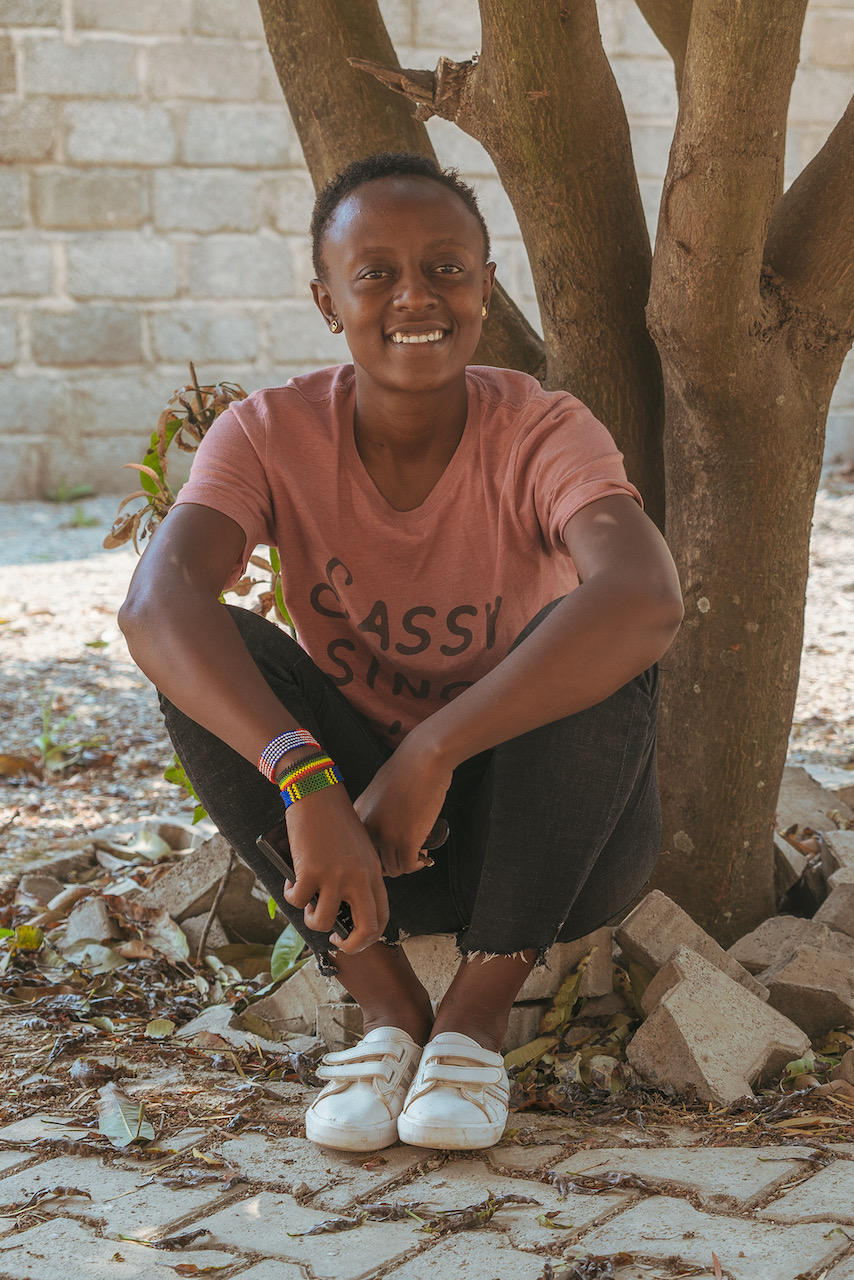
The Coffee Journey Continues

Our first encounter with Mary was by chance. An acquaintance of ours living in Dar es Salaam became friends with a barista at a nearby specialty coffee café and introduced us to Mary, saying, “I know someone you may be interested in!” Mary works as a coffee consultant in Mbeya, a city in southwestern Tanzania, and is trusted by many overseas buyers.
This time she connected us with GDM, the only native Tanzanian-owned estate in Mbeya. Without her, we would not have been able to offer coffee from the south. We talked with her again to learn about her work and her background.
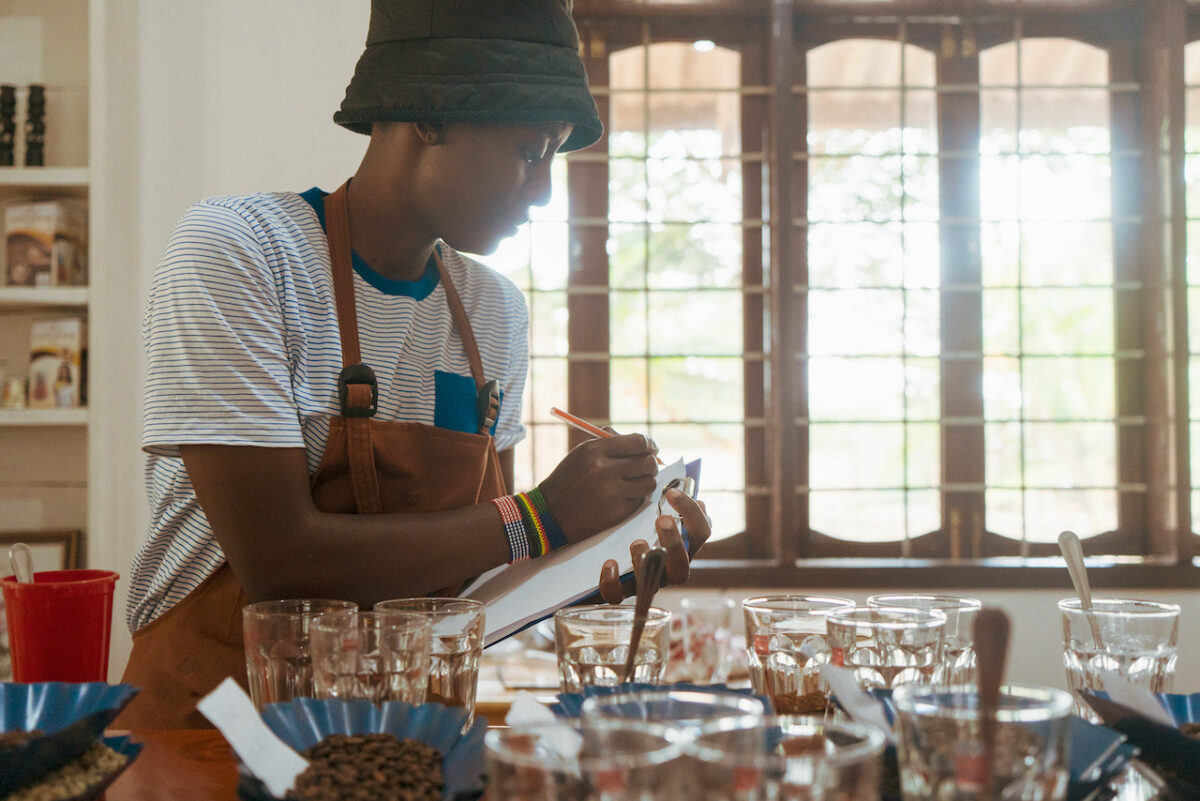
Acting as a bridge between producers and buyers
Mary has worked for several large companies, including Starbucks Farmer Support Center and Sucafina, and now works in the corporate world, building deep relationships with many coffee producers in Mbeya.
“In 2019, I joined Kijani Coffee, a local company established in Tanzania by the UK-based company CTCS, where I am responsible for improving the sustainability of the coffee industry. One of my tasks is to audit the producers to ensure that they are promoting proper farming practices. I am also in charge of quality control of the coffee sent to CTCS locations in Dar es Salaam, South Africa, and the UK, as well as communication with the farmers.”
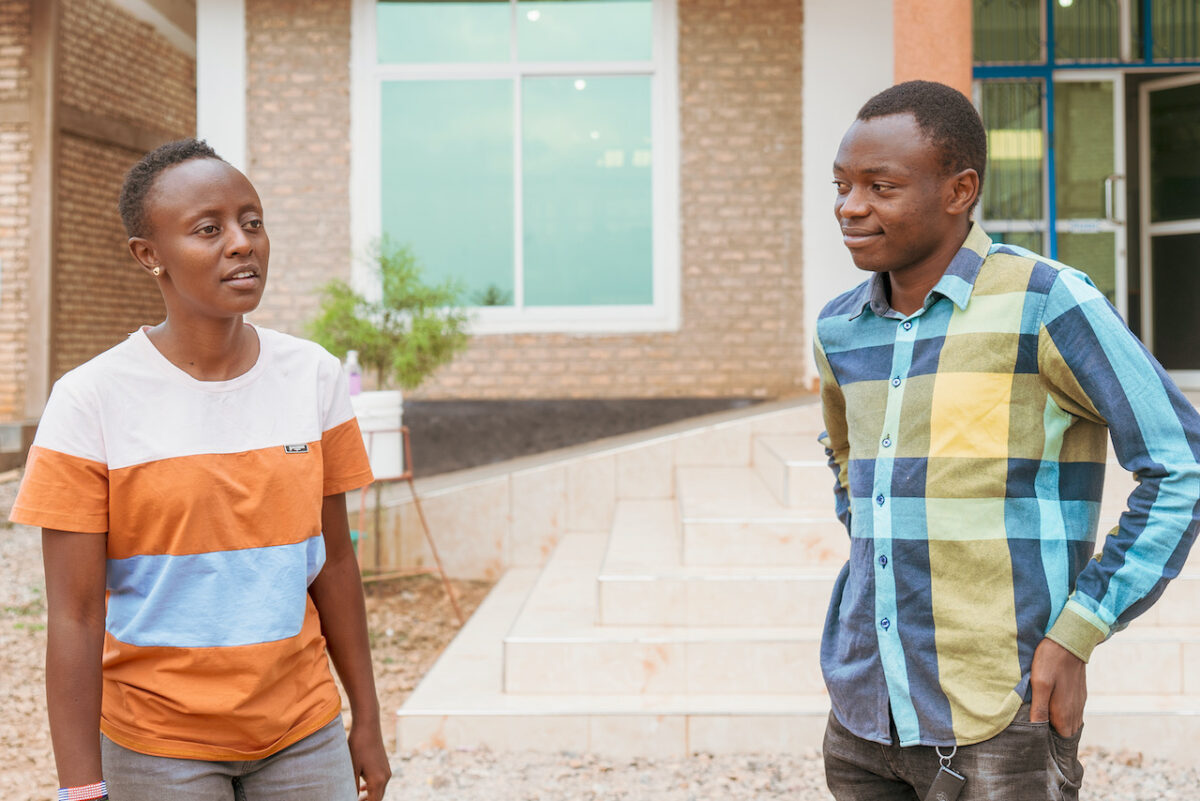
While working for the company, Mary has become well known in the industry as a bridge between producers and buyers.
“Buyers from overseas hear about me from roasters in Tanzania and come to me for coffee samples. When I move on to other companies, I meet new partners. Therefore, I believe it is not my ability but God’s blessing that I have been able to keep meeting new business partners.”
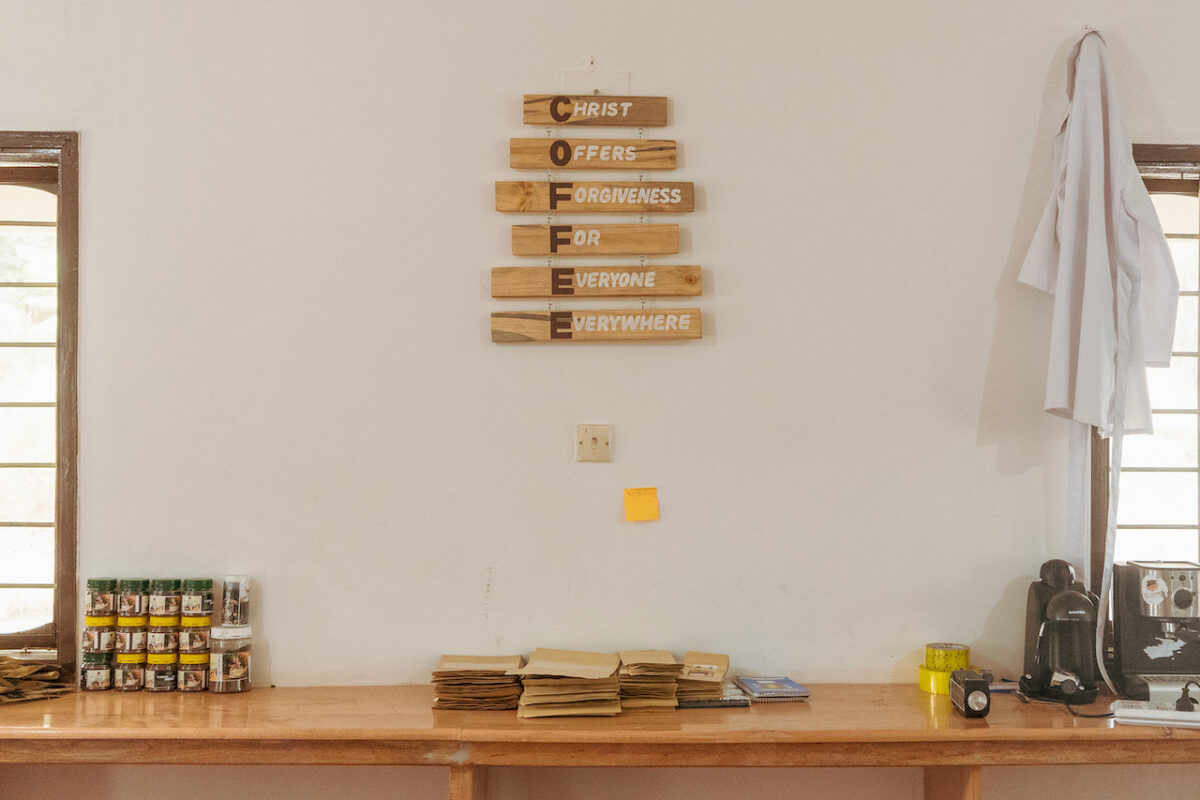
In addition to coffee, Mary is also involved in projects involving other crops.
“For example, we are providing free avocado and macadamia nut seedlings to coffee producers. Since agriculture in Africa has always been plagued with drought problems, they can earn cash income from other crops instead of relying only on coffee. By the way, before I entered the coffee industry, I worked for an avocado company until I was 23, so I am using the knowledge I gained there.”
Mary’s career has been driven by her love for Tanzania and coffee. That love has naturally led her to work to improve sustainability.

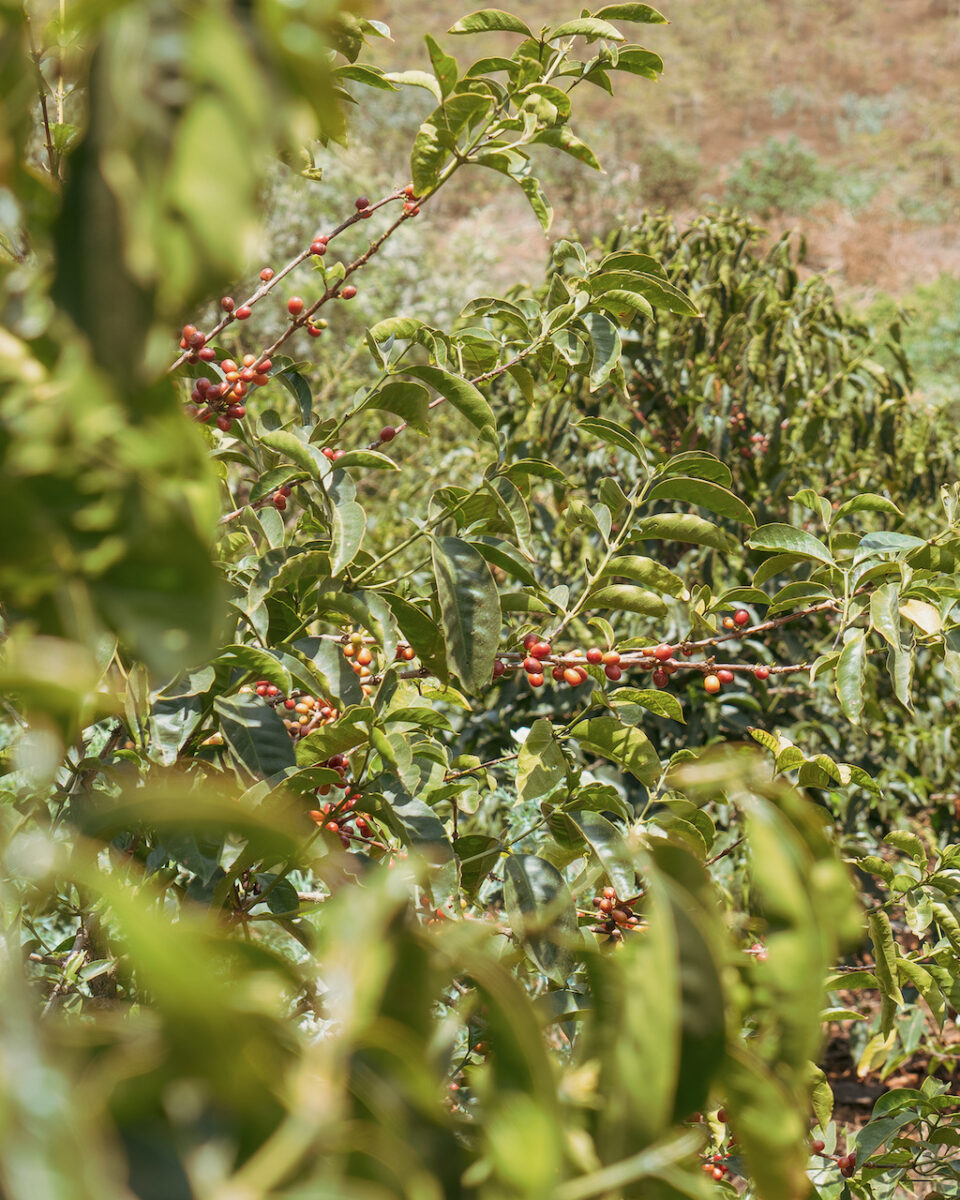
The Strongest Woman in the World
Born and raised on Kilimanjaro in northern Tanzania, Mary’s life was connected to coffee from a very young age. Her mother was a businesswoman who ran a small company and owned a plantation with about 2,000 Arabica trees, while doing business with restaurants in urban areas.
“Since I was a child, I saw a lot of foreign tourists coming to buy coffee, so I had some knowledge about coffee.”
When Mary’s mother was once asked if she would sell her farm for $4,000, she rejected the offer, saying “I have children, and this coffee farm is the only thing they can depend on. I can’t sell my land to you because no one knows what the future holds for them. If anything, please buy our coffee.”
“According to the tradition of the Chaga tribe to which my mother belonged, parents divide the land they own and pass it on to their children. This is how my mother’s coffee plantation was acquired. My mother used to say, “Don’t sell your assets to solve immediate problems,” so her decision not to sell the land was quite natural to her. Since then, she has worked even harder to ensure that we have no difficulties in our lives or in education.”
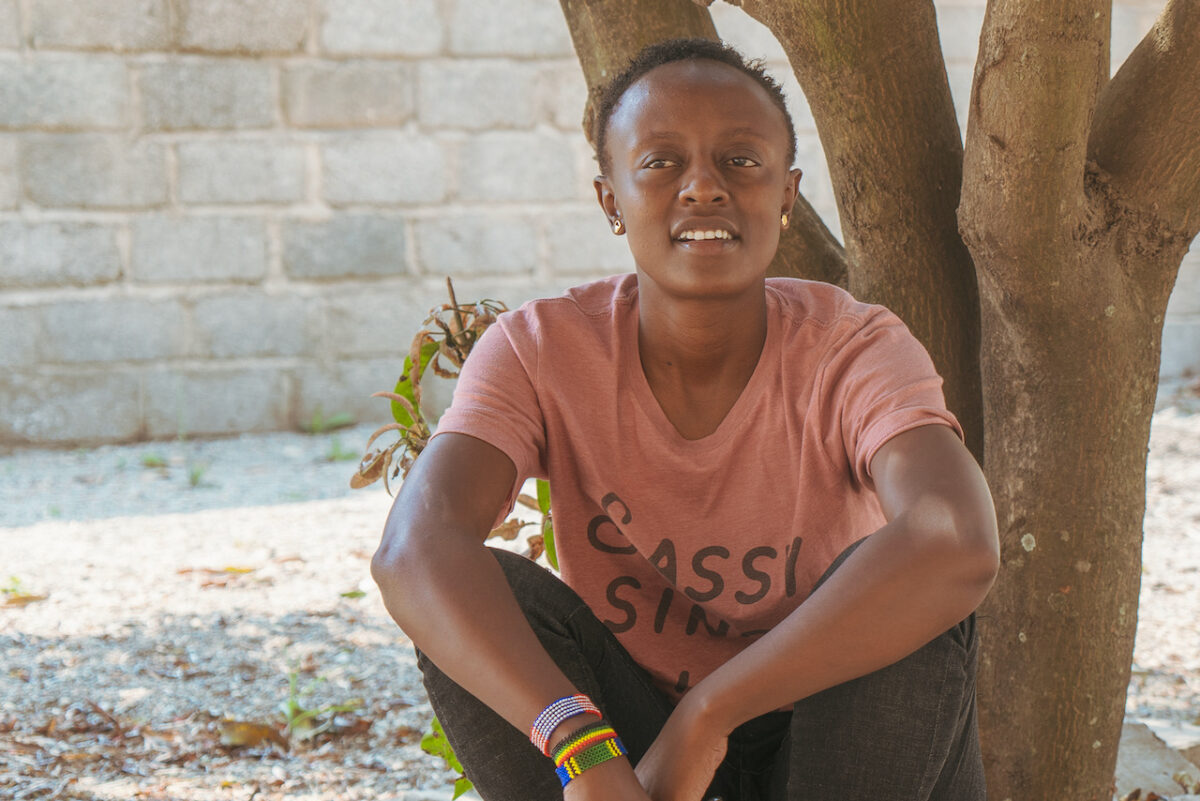
Mary says her mother is the strongest woman she has met in her life so far.
“She raised six children on her own without financial support from my father who left home. I don’t remember having any food problems, and she was able to send me to college. When I think of my mother, I remember the big plates of African food she used to make. Children in Africa grow up in an environment that can be described as “survival of the fittest”. My mother placed the utmost importance on education in accordance with the Chaga tradition, so she told us that if we wanted to stay in this house, we had to study (laughs). I had no choice but to study. I guess my mother wanted her children to get a good education by any means necessary.”
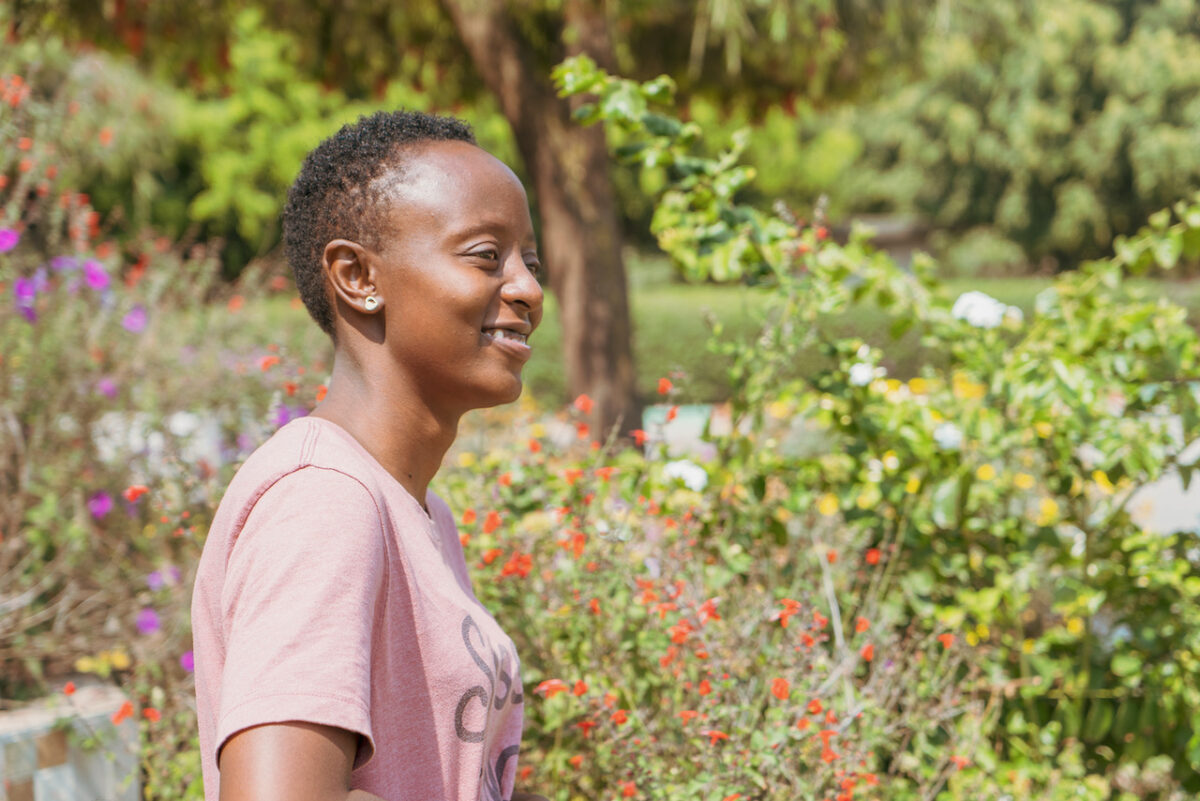
Now, as a mother raising a two-year-old daughter, Mary has inherited her mother’s strength.
“I have to work hard to make sure my child has everything she needs, including food and education. I don’t want to ask others to raise my daughter. My hands and brain are supposed to do the job.”
There is no other country where women work as much as in Tanzania. The Maasai, for example, practice polygamy, and the number of wives they have and cows they own is an indicator of their wealth. When a man has a child, he leaves that family and goes in search for the next wife. The women raise the children on their own while earning their living expenses through farming and street vending, while the men gather in the shade of the trees to chat and play board games all day long. That is the culture.
Mary’s mother and Mary herself both live strong lives with coffee. Will this be passed on to Mary’s daughter as well?

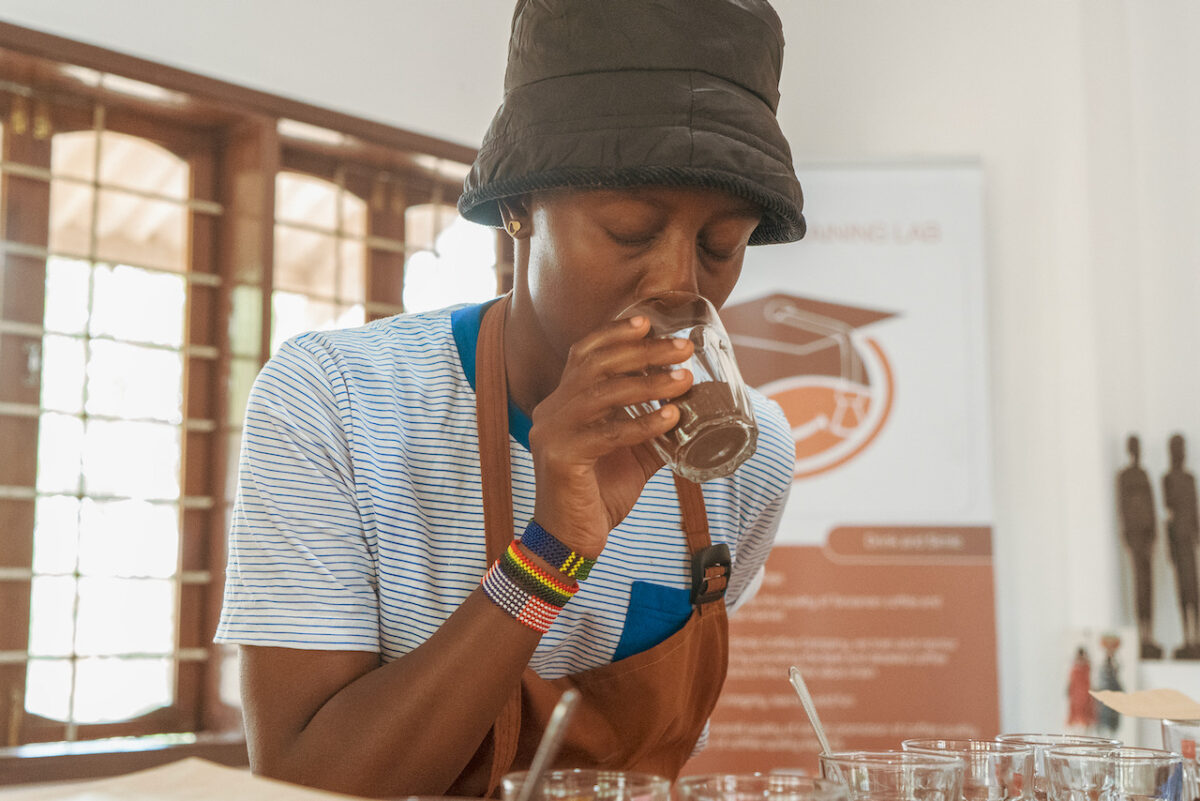
The Appeal of Tanzanian Coffee
Tanzania is a coffee-producing country that has the Kilimanjaro brand, but it’s specialty coffee is less impactful compared to their neighbors Kenya and Ethiopia. When asked, “What are the characteristics of Tanzanian coffee?” many baristas may be at a loss for an answer.
Mary is aware that Tanzania is lagging in terms of branding.
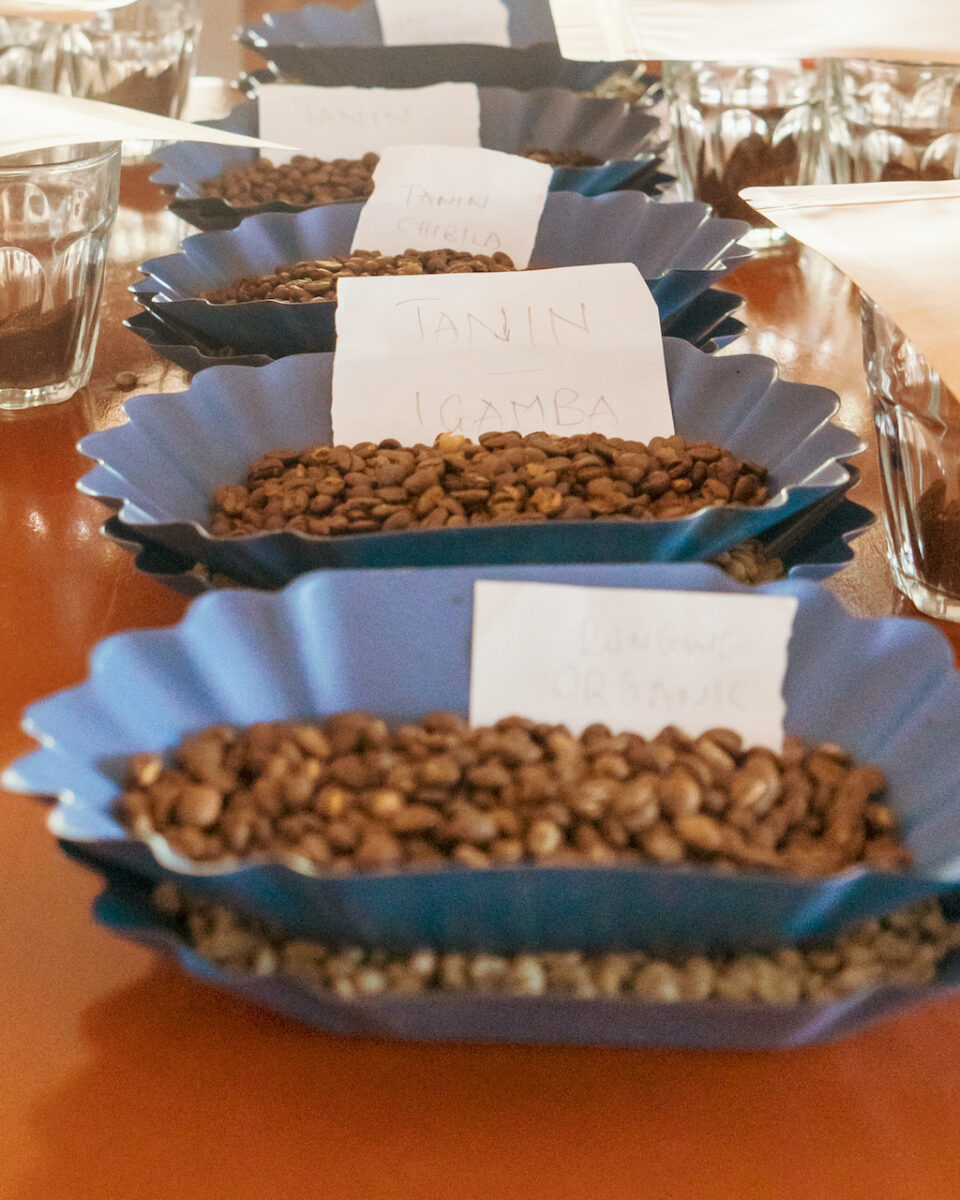
“We want to make great specialty coffee in Tanzania and be competitive. We don’t want to hear foreigners come here and say, ‘Ethiopian coffee is the best.’ What we want to produce is coffee that is grown in Tanzania and is characteristic to Tanzania.”
The appeal of Tanzanian coffee lies in its diversity. You can feel the characteristics of each region through the flavor of its coffee. In addition, Tanzanian producers are open to learning and fulfilling the needs of their customers. If you tell us the flavor profile you are looking for or the type of coffee you want, we can almost always deliver precisely.
Ethiopia has an overwhelming presence as the birthplace of coffee, while Kenya has a mature and perfectly structured coffee business. Amid these rivals, Tanzania’s strength may lie in the flexibility of its producers, as Mary describes. This is something that goes hand in hand with the gentle and friendly atmosphere that flows through Tanzania.
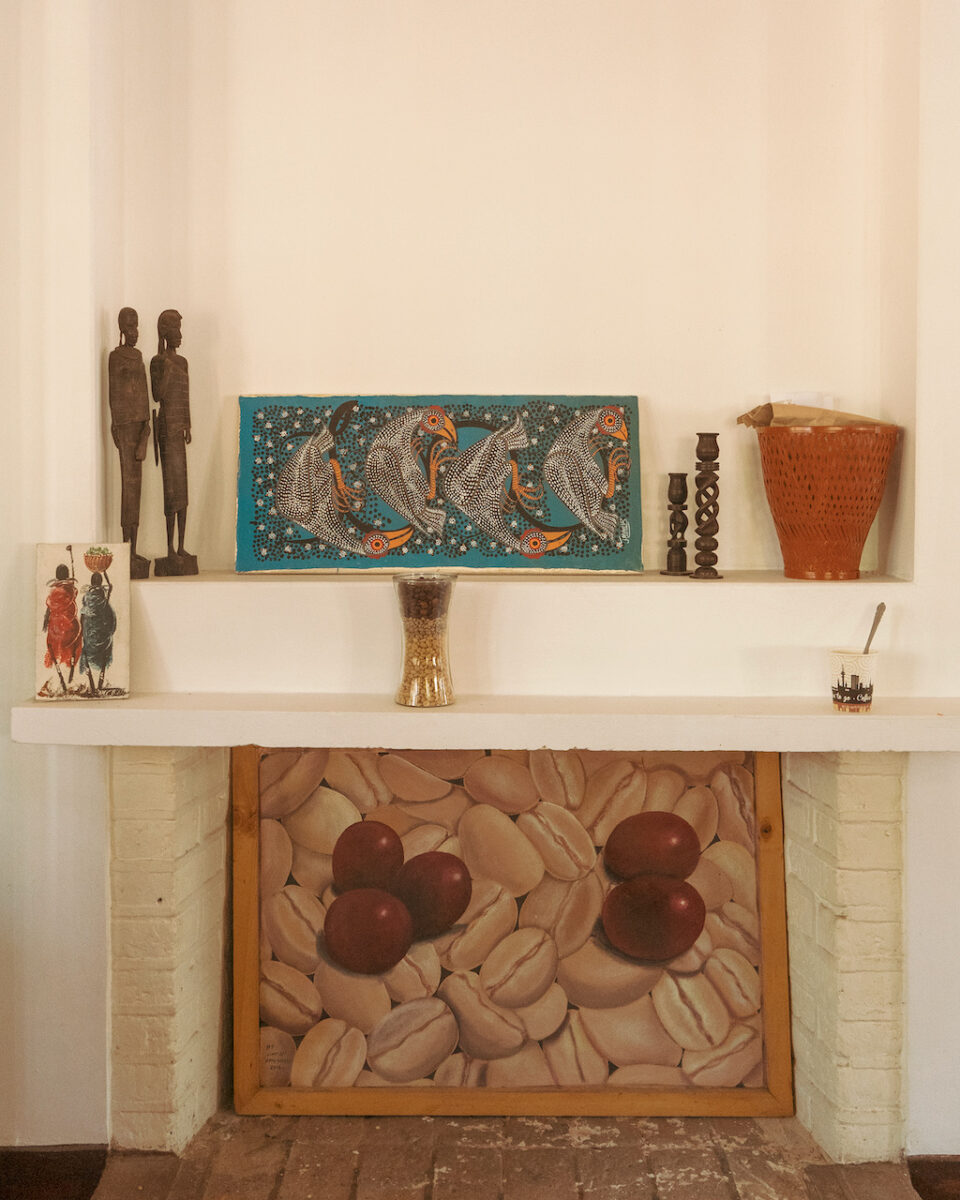
The Future of Tanzania
As the demand for specialty coffees increases around the world, many Tanzanian coffee producers are waking up. More investment from importers in consuming countries has given producers the opportunity to learn about production methods.
Half of our coffee is exported to Japan, the US and Germany, and the investment and financial support we receive from these countries is waking up our producers. Compared to the past, when we were dependent on markets that did not guarantee sales, we can see the future now.
Instead of investing in Kenya, where urbanization is causing a problematic decline in coffee plantations and surging real estate prices, more and more investors are buying plantations in Tanzania. This is a great opportunity for development.
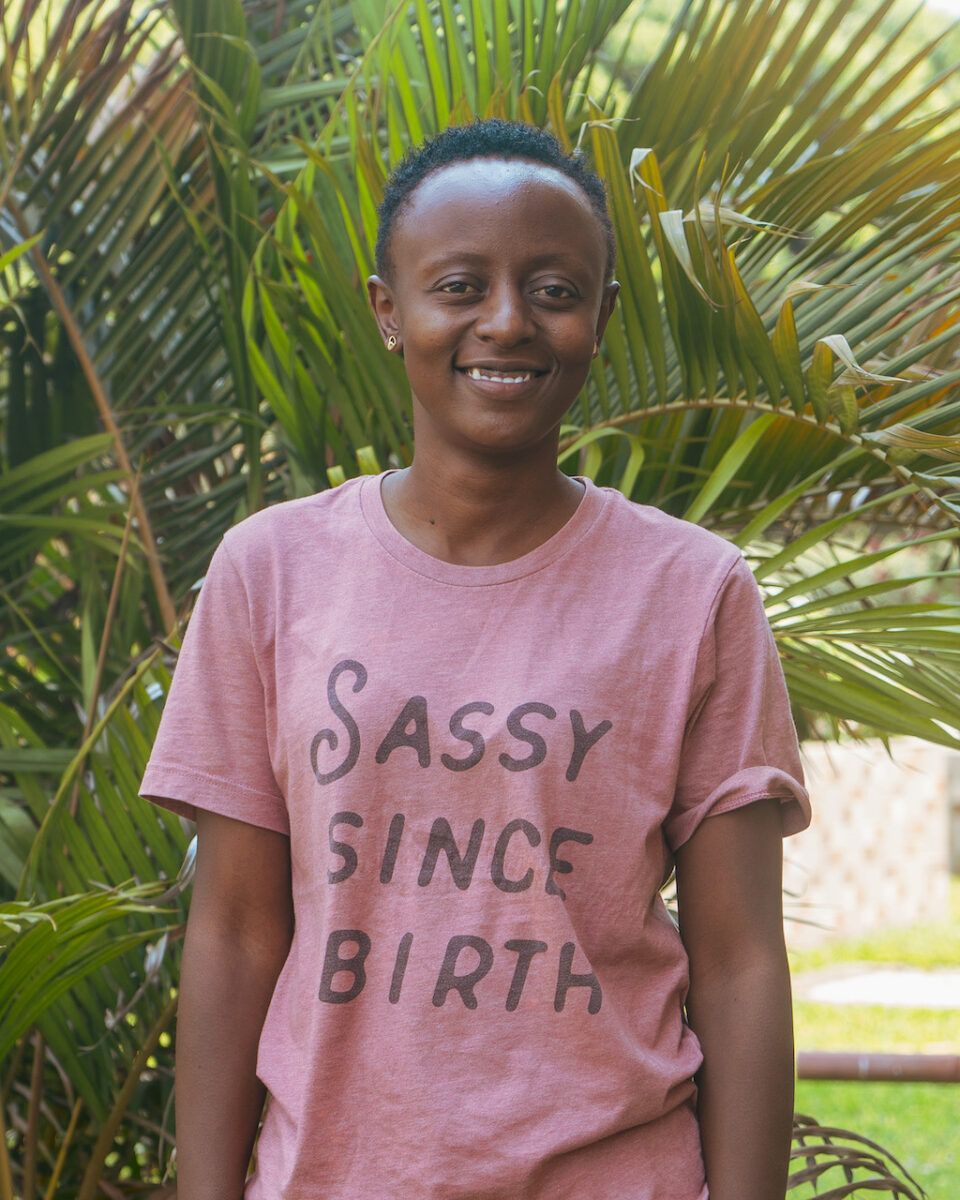
The Coffee Journey Continues
“The moment I feel the greatest happiness is when I am witnessing the refining and harvesting of the coffee. We stay all night at the washing station to check the quality and plan ways to improve the quality. This season, I am spending a lot of time at the coffee production sites, staying at a total of more than 50 processing locations for about three months to monitor them. It is a lot of work, but it is wonderful and extraordinary. I get to see with my own eyes how the coffee is processed and turned into something delicious, it’s a great way to see what the real value chain is. Contrarily, I don’t like to spend time in the office because I don’t get to see with my own eyes the reality that the producers face.”
Mary started her own personal coffee farm last year. “It’s only five acres now, but I’d like to be able to export one container of coffee at some point.” Finally, she walks the path of a producer as well. And so, her coffee journey continues, along with the ever-changing coffee of Tanzania.









